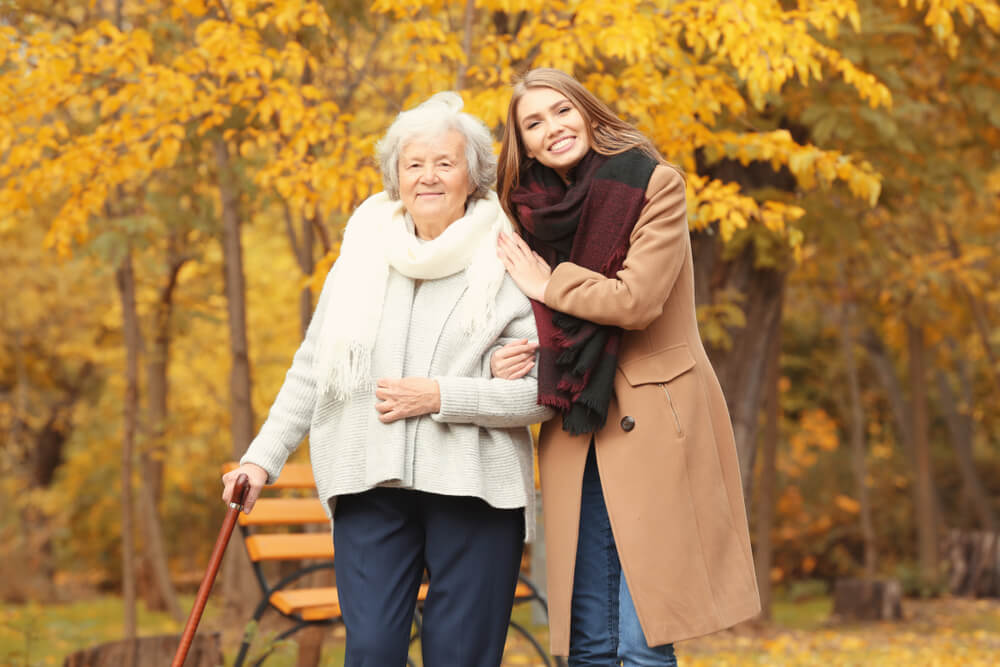Learn how to identify signs of elderly depression in your loved ones, and discover ways to support them.
Understanding Elderly Depression
Depression is a common mental health condition that affects people of all ages, including older adults. However, depression in older adults often goes unnoticed and untreated. It is important to understand the signs and symptoms of depression in older adults to provide them with the support they need.
Older adults may experience depression due to a variety of factors, including physical health problems, loss of loved ones, social isolation, and changes in life circumstances. It is crucial to recognize that depression is not a normal part of aging and should be addressed.
Explore the relationship between grief and depression in the elderly and learn how to support them.
Some common signs of elderly depression include persistent sadness, loss of interest in activities they used to enjoy, changes in appetite or weight, difficulty sleeping or excessive sleeping, fatigue or loss of energy, feelings of worthlessness or guilt, difficulty concentrating or making decisions, and thoughts of death or suicide.
If you notice any of these signs in an older adult, it is important to approach them with empathy and understanding. Start by having an open and honest conversation about their feelings and experiences. Encourage them to seek professional help, such as talking to a therapist or doctor.
Additionally, it is essential to provide emotional support to older adults with depression. Offer to accompany them to appointments, engage in activities they enjoy, and listen attentively when they want to talk. Encourage them to maintain a healthy lifestyle, including regular exercise, a balanced diet, and sufficient sleep.
Remember, supporting an older adult with depression requires patience and empathy. Be there for them and let them know they are not alone in their struggles. With the right support and treatment, older adults can overcome depression and improve their mental well-being.
Signs and Symptoms of Depression in Older Adults
Depression in older adults can manifest differently than in younger individuals, making it important to be aware of the specific signs and symptoms. Some common signs and symptoms of depression in older adults include persistent feelings of sadness or hopelessness, loss of interest in activities they used to enjoy, changes in appetite or weight, sleep disturbances, fatigue or loss of energy, feelings of worthlessness or guilt, difficulty concentrating or making decisions, and thoughts of death or suicide.
It is important to note that older adults may be less likely to report feeling sad or depressed and may instead complain about physical symptoms, such as unexplained aches and pains. They may also have difficulty expressing their emotions or may deny feeling depressed altogether. As a result, it is crucial to pay attention to changes in their behavior, mood, and overall well-being.
If you suspect that an older adult is experiencing depression, it is important to approach the topic with sensitivity and compassion. Let them know that you are there to support them and encourage them to seek professional help. Remember, early detection and intervention can significantly improve the outcomes for older adults with depression.
Factors Contributing to Depression in Older Adults
Elderly depression can be caused by a combination of biological, psychological, and social factors. Understanding these factors can help in providing effective support and treatment for older adults with depression.
Biological factors that may contribute to depression in older adults include changes in brain chemistry, hormonal imbalances, and genetic predispositions. Additionally, older adults may have underlying medical conditions that can increase the risk of depression.
Psychological factors, such as a history of mental health problems or a personal or family history of depression, can also contribute to depression in older adults. They may have experienced significant life changes, such as retirement, loss of independence, or the death of a loved one, which can lead to feelings of sadness and grief.
Social factors, including social isolation, loneliness, lack of social support, and limited access to healthcare, can further exacerbate depression in older adults. It is important to address these factors and provide older adults with opportunities for social engagement and support.
By understanding the various factors that contribute to depression in older adults, we can better tailor our support and interventions to meet their specific needs.
Supporting Loved Ones with Elderly Depression
Supporting older adults with depression requires a multidimensional approach that addresses their emotional, physical, and social well-being.
One crucial aspect of support is encouraging older adults to seek professional help. This can involve connecting them with mental health professionals, such as therapists or psychiatrists, who can provide appropriate treatment and therapy. Encourage them to attend therapy sessions and take any prescribed medications as directed.
In addition to professional help, emotional support from family, friends, and caregivers is vital. Engage in active listening and validate their feelings. Let them know that they are not alone and that their emotions are valid. Offer a safe space for them to express themselves without judgment.
Physical well-being is also important in addressing depression in older adults. Encourage them to engage in regular physical activity, as exercise has been shown to have positive effects on mental health. Help them establish a routine that includes healthy eating and proper sleep hygiene.
Finally, social support plays a significant role in supporting older adults with depression. Encourage them to participate in social activities, join support groups, or engage in hobbies they enjoy. Loneliness and social isolation can worsen depression, so it is important to foster connections and provide opportunities for social interaction.
Remember, supporting older adults with depression requires patience, understanding, and a holistic approach. Each individual may require different forms of support, so it is important to tailor the support to their specific needs.
Promoting Mental Well-being in Older Adults
Promoting mental well-being in older adults is essential to prevent and alleviate depression. By adopting certain strategies, we can help older adults maintain good mental health and enhance their overall well-being.
Encouraging regular physical activity is one effective way to promote mental well-being in older adults. Exercise has been shown to reduce symptoms of depression and anxiety, improve mood, and boost overall cognitive function. Encourage older adults to engage in activities they enjoy, such as walking, swimming, or yoga.
Another important aspect is fostering social connections. Maintaining strong social networks can help combat loneliness and reduce the risk of depression. Encourage older adults to participate in social activities, join clubs or organizations, or connect with friends and family members regularly.
Providing opportunities for intellectual stimulation is also crucial for promoting mental well-being. Engaging in activities that challenge the mind, such as puzzles, reading, or learning new skills, can help older adults maintain cognitive function and improve their overall mood.
Lastly, it is important to address any barriers that may prevent older adults from accessing necessary support and resources. This may involve providing information about available mental health services, transportation options, or financial assistance programs.
By promoting mental well-being in older adults, we can create a supportive environment that reduces the risk of depression and improves their overall quality of life.
Contact us at 832-371-6600 for a free consultation to share the challenges you’re facing, and to learn how our personalized home care services can help you.
Home Matters Caregiving proudly serves the Houston Metro area providing care for seniors wherever they call home.












